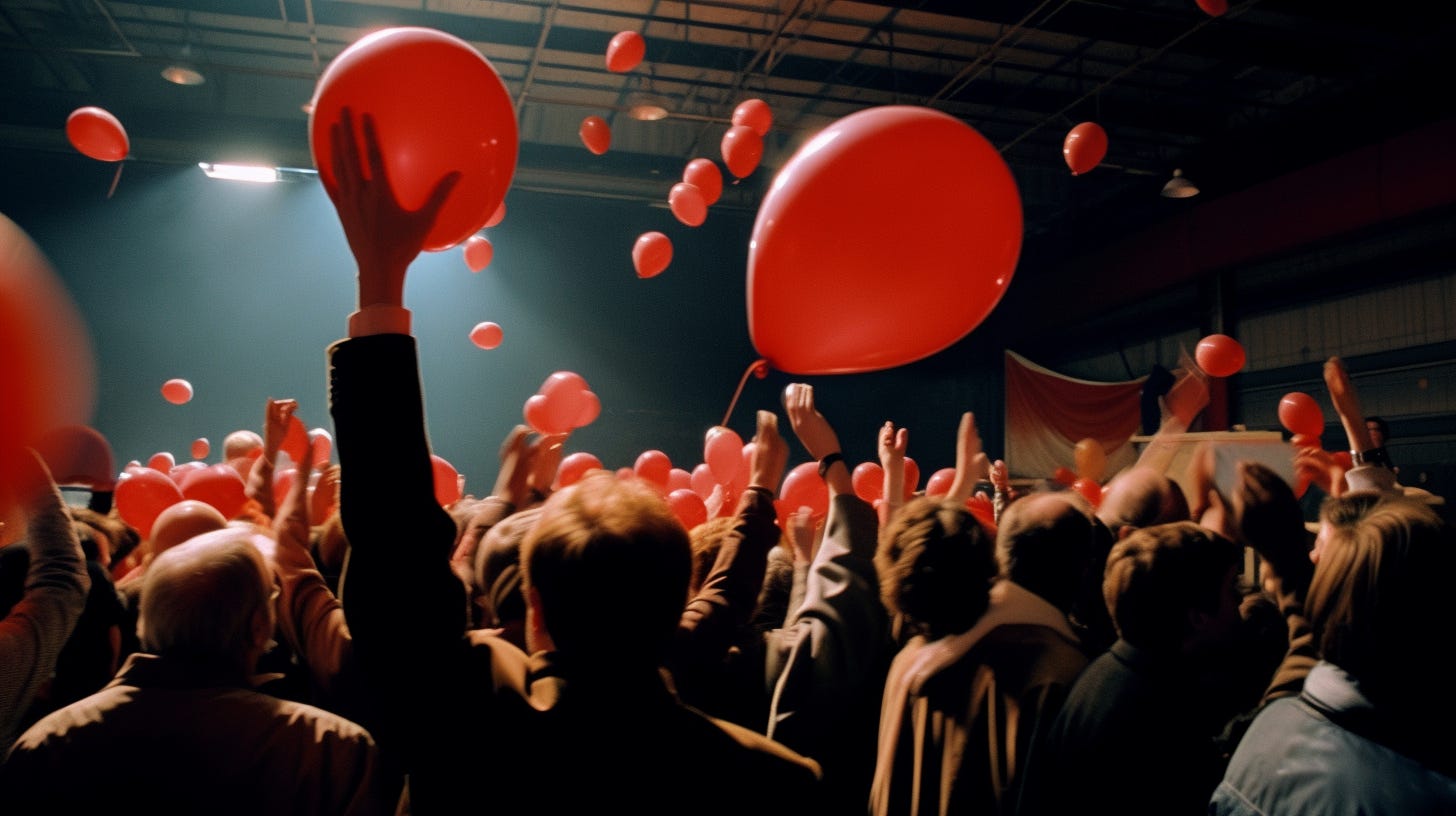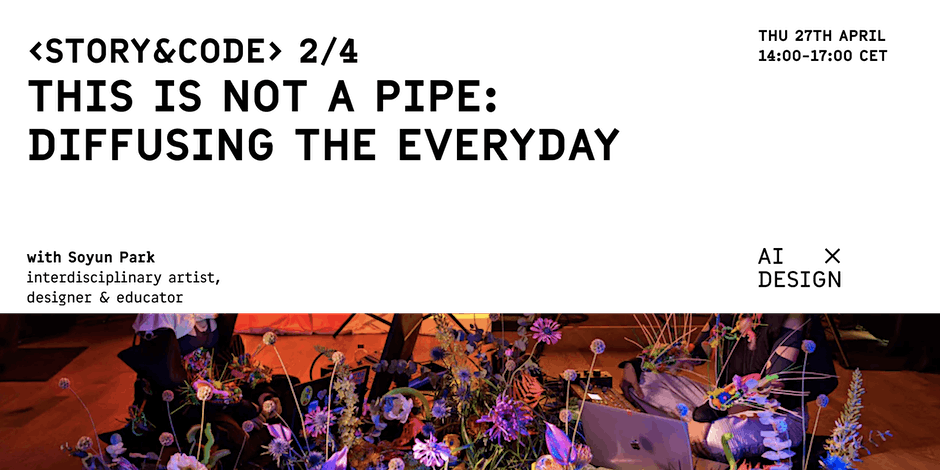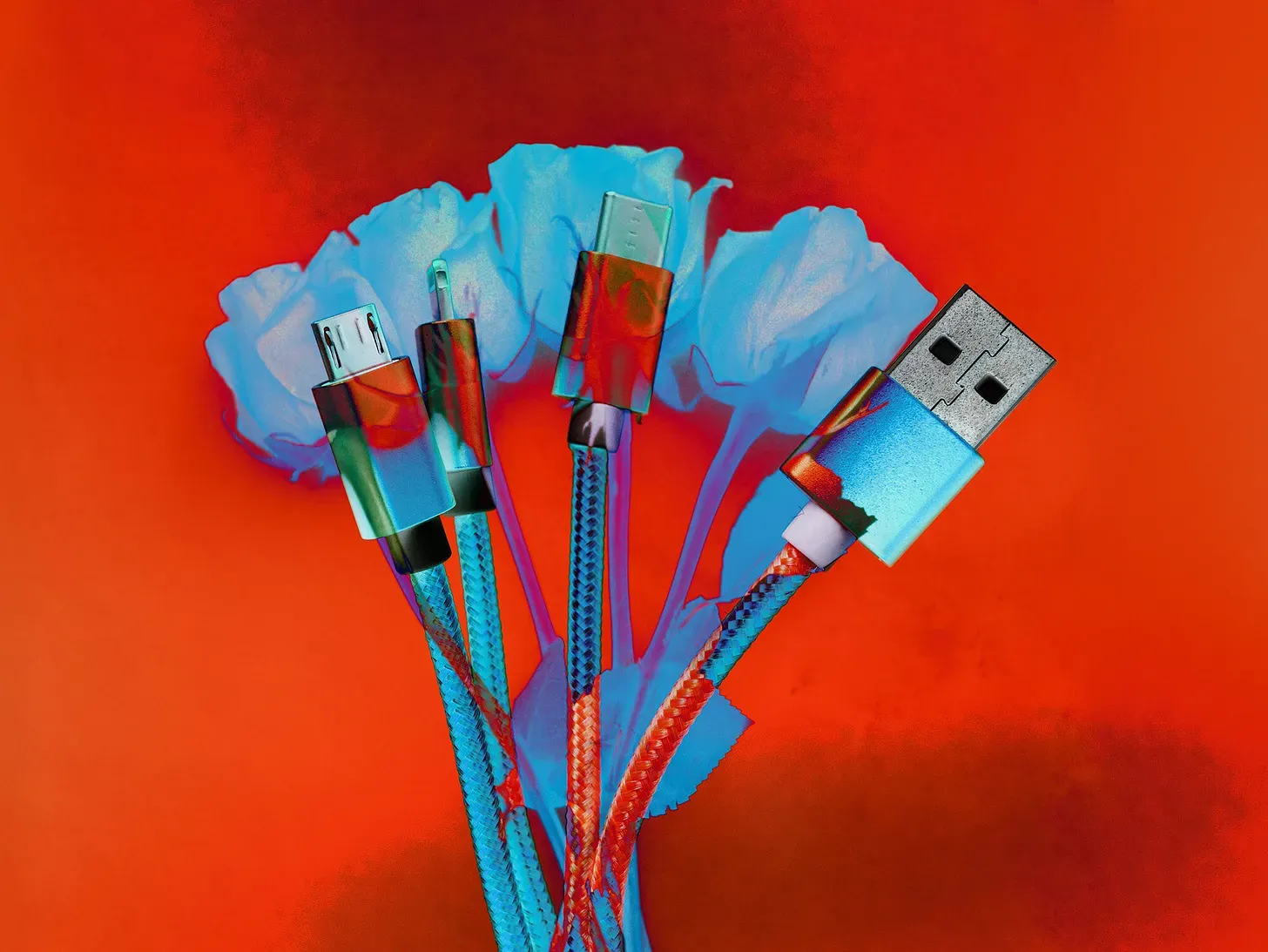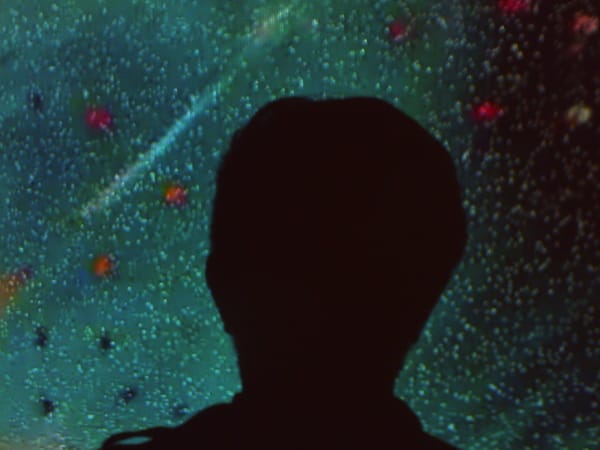Sarah Palin Forever
Fake Deepfakes and a Cinema Without Cameras
Spoilers follow.
Please watch the film first.
It’s 10 minutes long.

On AI, Deepfakes & Media Ecosystems
I wrote Sarah Palin Forever as a result of a real experience: being a college press photographer at a Sarah Palin rally in an airport hangar in Bangor, Maine during the 2008 election campaigns — McCain/Palin vs Obama/Biden. Most of what I describe in the piece is accurate: Miss Teen Maine, Lee Greenwood in a black cowboy outfit.
Most notably — and something that shaped my memory of that event, and what would eventually become this story — a moment when Sarah Palin gestured at me, in the bleachers with the press, extending a finger and instructing the crowd to turn around and see who “the real know-nothings are.” A bunch of otherwise friendly folks turned around then and started to boo, jeering at us.
Party politics are a wrestling match, a series of performances complete with cheers and boos. It was my first major political rally as a college photographer and the moment stuck with me. I saw a sign being waved — “Sarah Palin Forever” — and I started to wonder what might happen if we took it literally. What if I was in that place, surrounded by hostile people, extended into some weird form of eternity?
Sarah Palin Forever imagined that world in a short story, published in Bangor, Maine’s own Detritus Magazine in, I think, 2016. The story is about how political environments — including media ecosystems — shape our enemies and how enemies shape our identities.
While Sarah Palin is the brunt of this joke that goes on too long, it’s not about party politics per se — though Donald Trump’s tenure certainly suggests that this Palin rally has indeed continued far longer than anyone expected. This story could be set in any party-politics space, or anywhere that pageantry and ideology replaces the value of people’s real experiences.
It’s a horror story not because of Sarah Palin, but because of what it says about internalizing political ideologies even when try to resist them - or think we are resisting them.
To be clear, this is a “fake deepfake.” There’s nothing about it that aims to convince you that Sarah Palin is present for the story, its actual narrator, or, thank God, that any of this actually happened. It’s an exercise in the tools and language of deep fakes — but ultimately, it’s just dark satire.
The girl in the story sounds like Sarah Palin because she grew up in a world where the third hour of a three-hour rally that perpetually loops — 30% of her life — was spent listening to the same Palin speech. That is what makes this a kind of existential, political horror film: the tension between a mother, desperate to save her daughter from becoming forever molded by a life in this hangar-shaped prison of ideology. This is the only world her daughter will know — can know — and watching her find beauty in it is almost as terrifying as watching her daughter abandon hope.

When initially sharing the piece I was asked if I had intended to humanize Sarah Palin. I’m not sure what to make of that, but I’ll be thinking about it. In a way, I hope it does, if only to play with the trope of deepfakes and dehumanization. We typically take away and use the voice of others to assert or to resist power. In some way, maybe this is me speaking back to the threat of an airport hangar of angry suburbanites who would otherwise be smiling at me in a grocery store.
The piece is meant to address the all-encompassing narratives of our media ecosystems. The worlds we see, and the lenses we see them through, the ways we internalize them, and the people considered expendable to all of it. Media shapes our imagination. Ideology and imagination are often mutually reinforcing. Deepfakes are part of that media ecosystem today, as much as 2008-era photojournalism slideshows were a part of 2008’s.
It both cases, the power of the images or words isn’t built on their reflection of what actually happened. Their power is built on the stories we tell with them.
In this film’s language, that lens is the lens of her mother’s camera. It’s a reminder of the danger of a life defined by political slogans. The danger is that you find yourself forgetting what goes on beyond the walls of infinite fervor.
Artist Talks Galore!
A plethora of artist talks and events to share this week! I forgot to post the two AI art classes in the last newsletter. But today I want to focus on the two artist talks I was lucky to have as the class finishes up, with Derrick Schultz and Moises Sanabria!
Moises Sanabria
Born in Caracas, Venezuela, Moises Sanabria is an artist interested in technology, internet culture and contemporary branding. He is one of the co-founders of the new media collective Art404 (Art Not Found), whose works often deal with legitimacy, value, and perception. Art404 often uses the online world as a medium for creating works, including projects involving Photoshop, Anonymous, and the Sims.
Derrick Schultz
Utilizing machine learning technology, Derrick Schultz's work explores multisensory perception, generative abstraction, and the future of ecology. In addition to creating his own work, Derrick also teaches machine learning to artists, designers, and image makers.
Listen to my “AI Art Today Interview”
While Twitter is in the midst of exploding in mid-air, I was able to sit on a very comfortable piece of debris and have a conversation with Derrick Schultz and the artist known as Madbutter over on their Twitter Space, “AI Art Today.” It’s an hour long interview about cybernetics, experimental cinema and how both can help us look at AI art… today. Go check it out! You should be able to stream it with or without a Twitter account.
Coming up: Soyun Park!

I’ll be hosting the “This is Not a Pipe: Diffusing the Everyday” talk & workshop with Soyun Park this Thursday as part of the SubLab & AIxDesign <Story&Code> residency & research project for animators, storytellers & creative technologists. It’s open to the public if you sign up on Eventbrite below.
We will do a 1 hour artist talk with Soyun followed by a 2 hour workshop. See you there! (Time zone is 8am-11am Thursday for New York.)
Like this newsletter? Please share!
I love writing this newsletter and I do it for free (though upgrading to a paid subscription is always kind).
If you liked what you saw, or find it a valuable source of ideas or inspiration, it’s always helpful to share the post (even on Twitter!) with some kind words. We’ve been growing, but new changes at Twitter haven’t helped.
You to find me on other platforms too:
And of course you can share this post anywhere or subscribe for future posts using the button below. Thanks!





